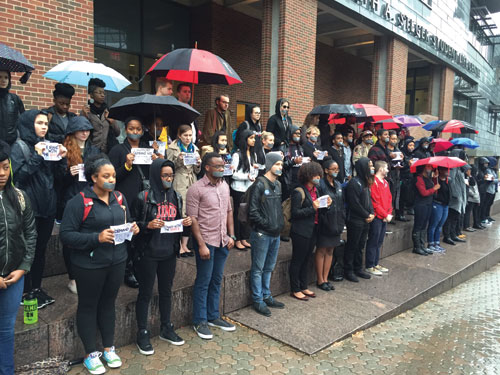We are professors of history and English, respectively, at Kingsborough Community College, located in Manhattan Beach, Brooklyn. Founded in 1963 during a rapid nationwide expansion of community colleges, Kingsborough, which serves some thirty thousand students a year, is one of six two-year institutions that are part of the City University of New York, the nation’s third-largest university system. Kingsborough is perched on Brooklyn’s Atlantic edge, on the site of a former merchant marine facility.



